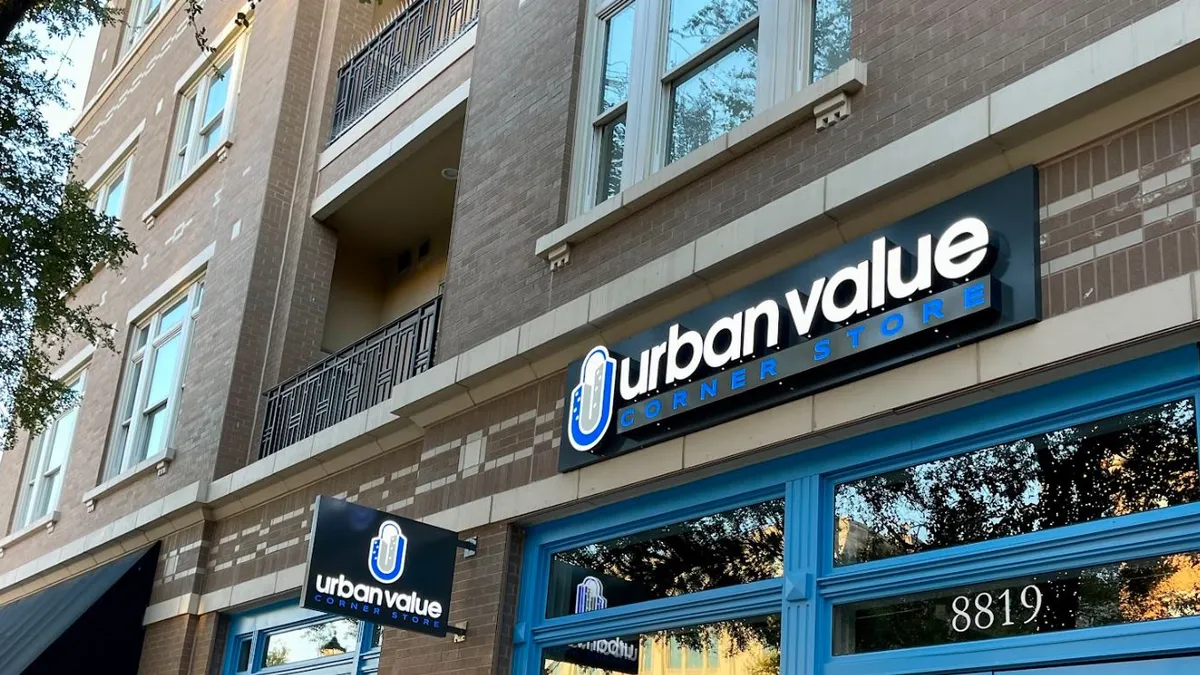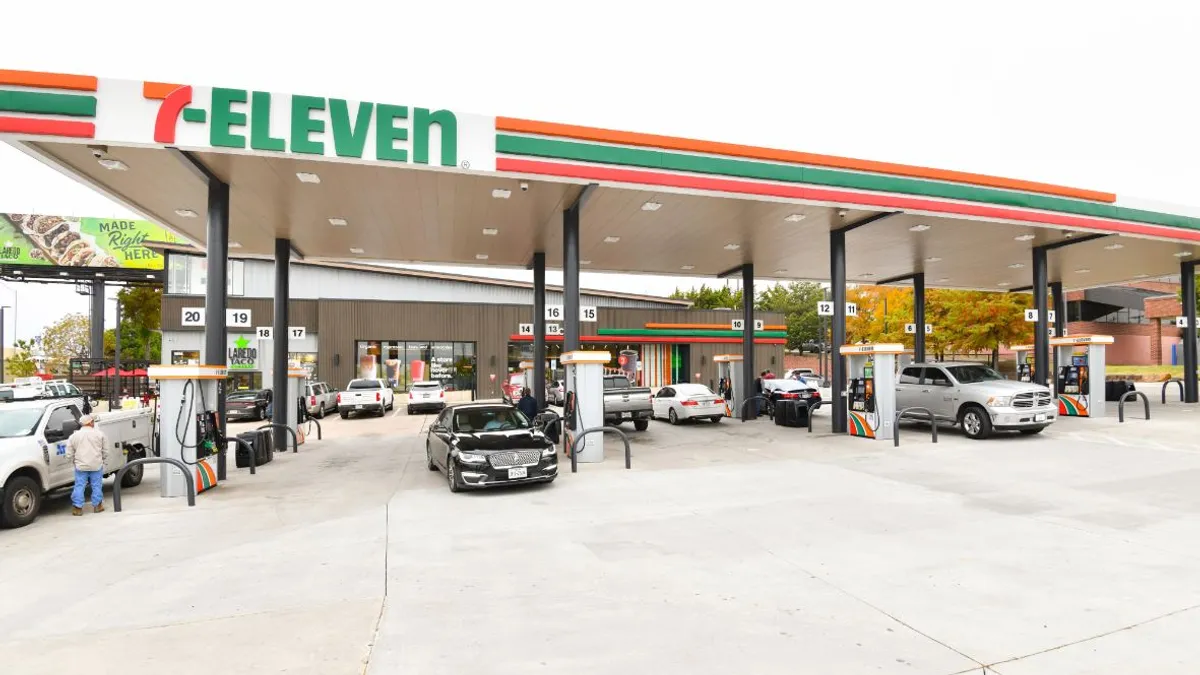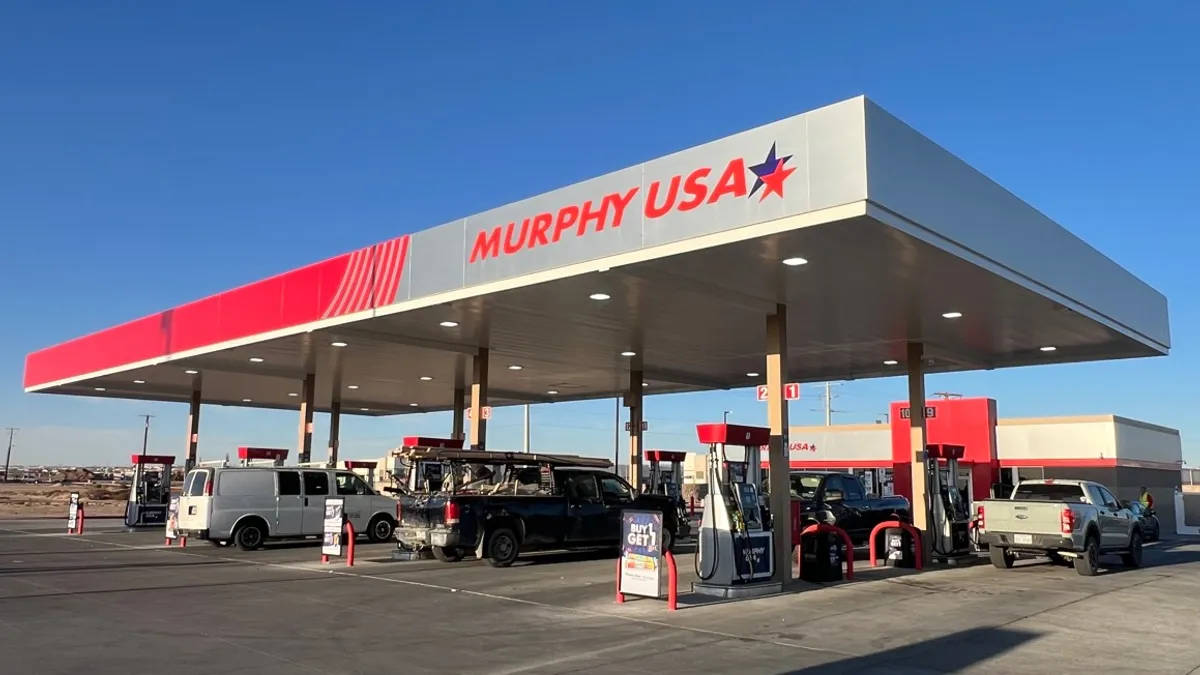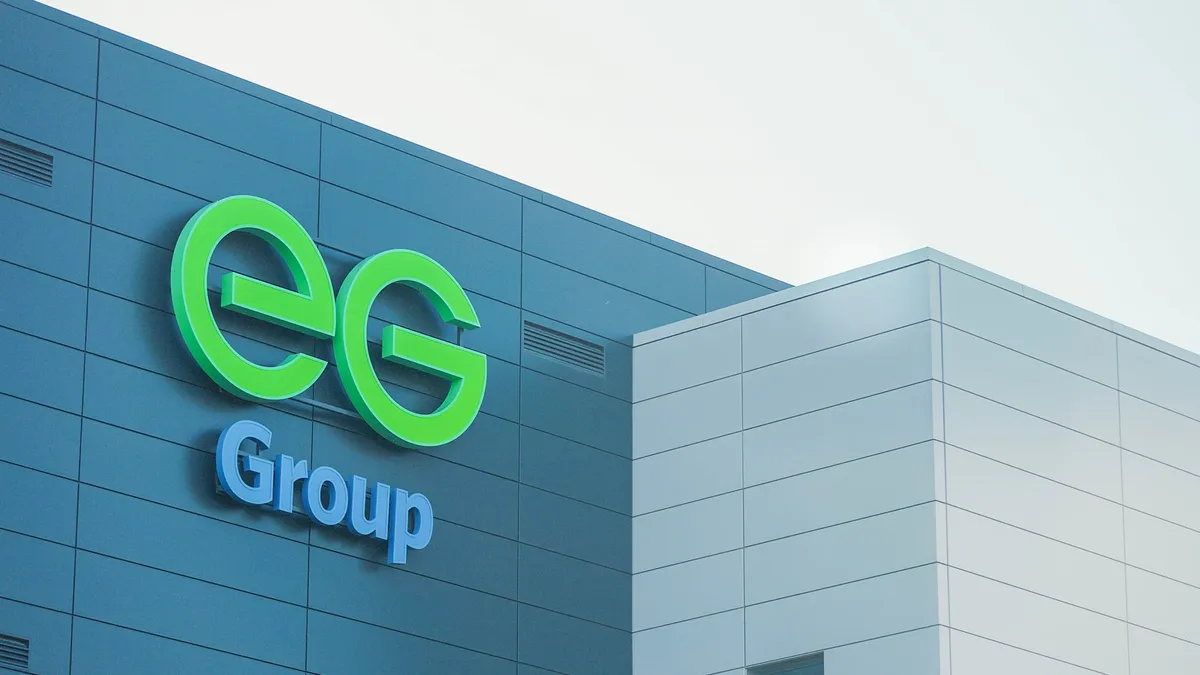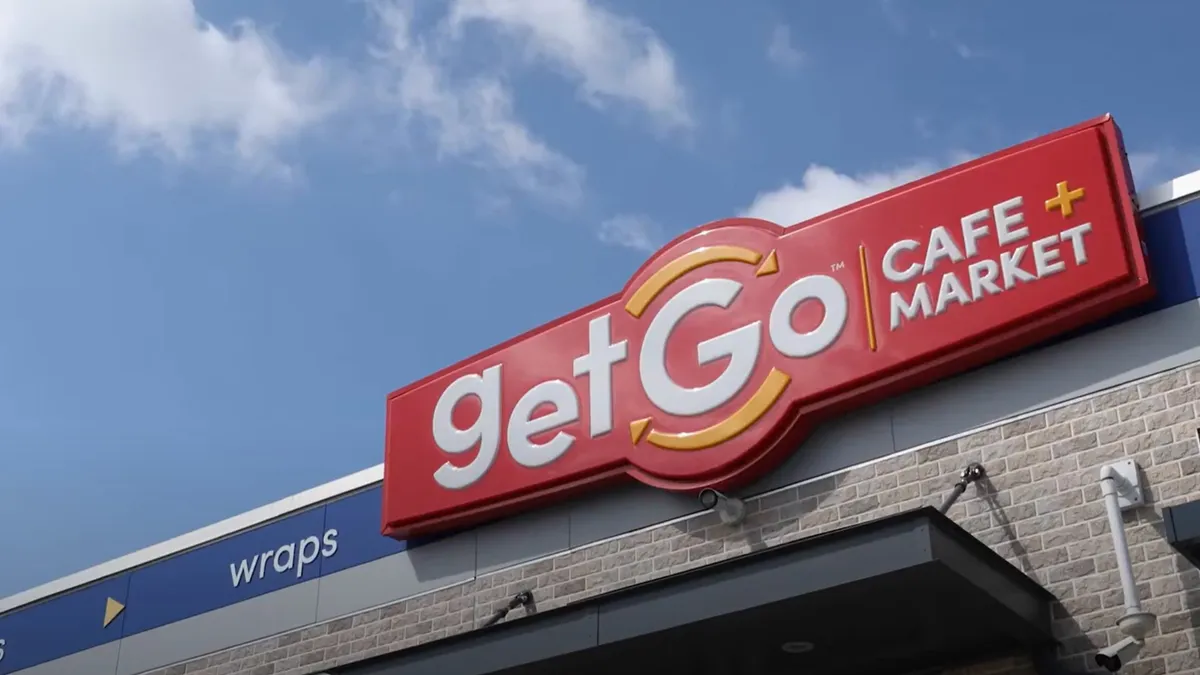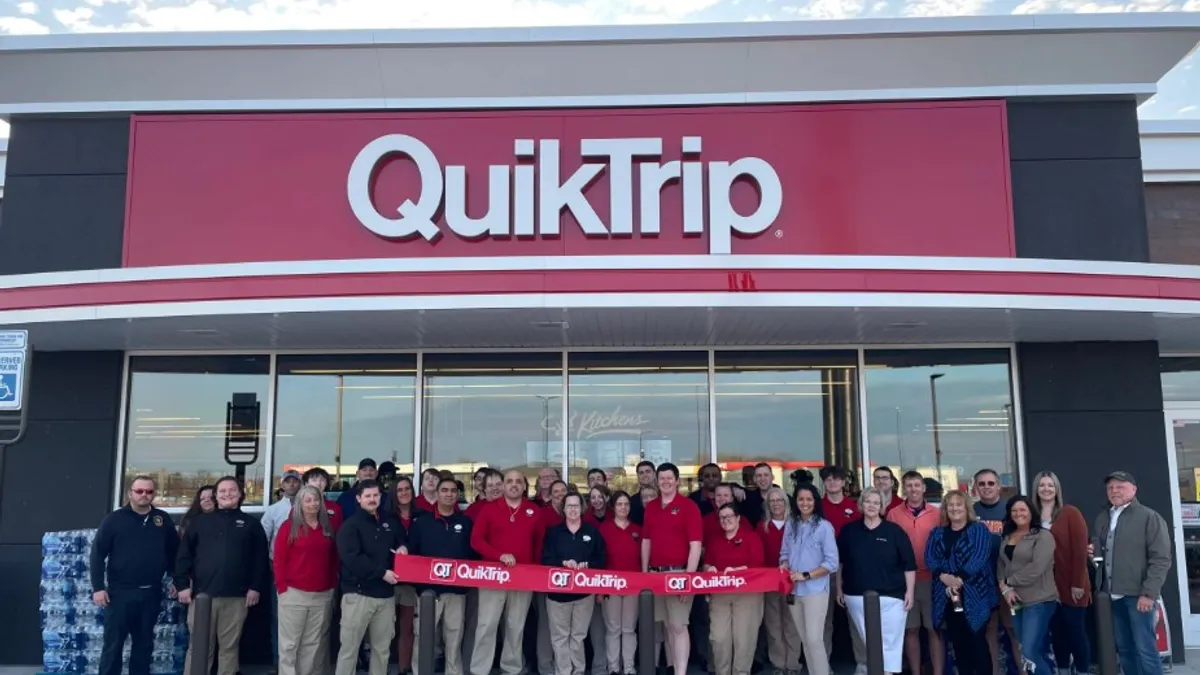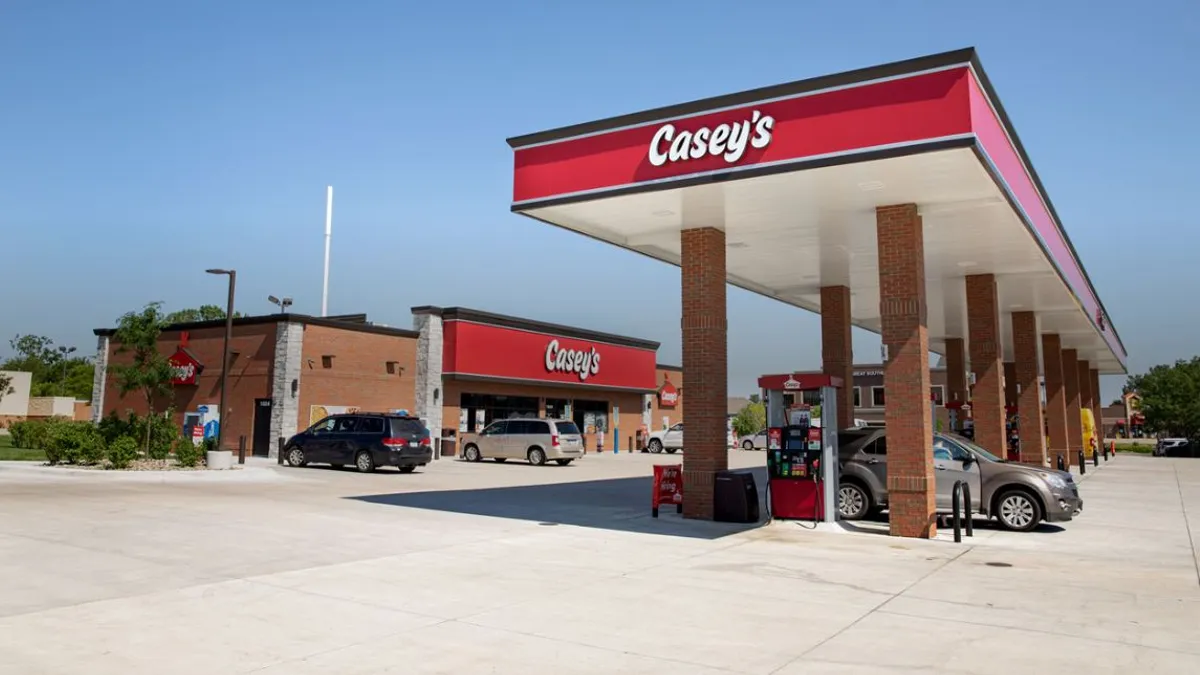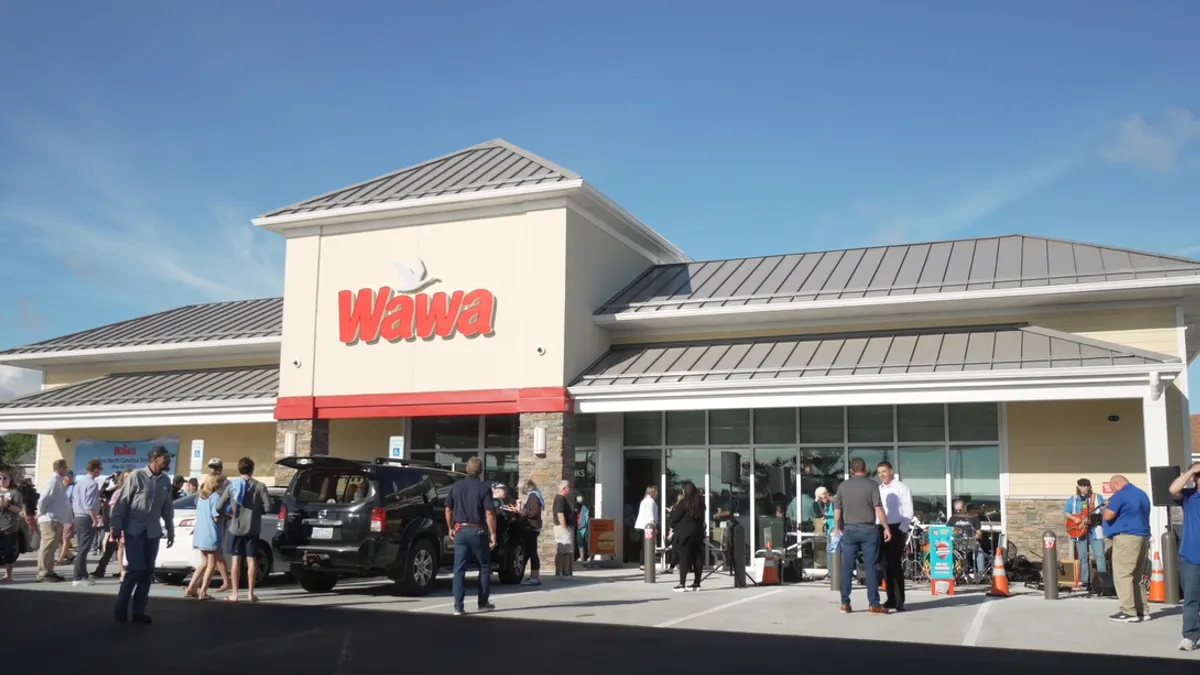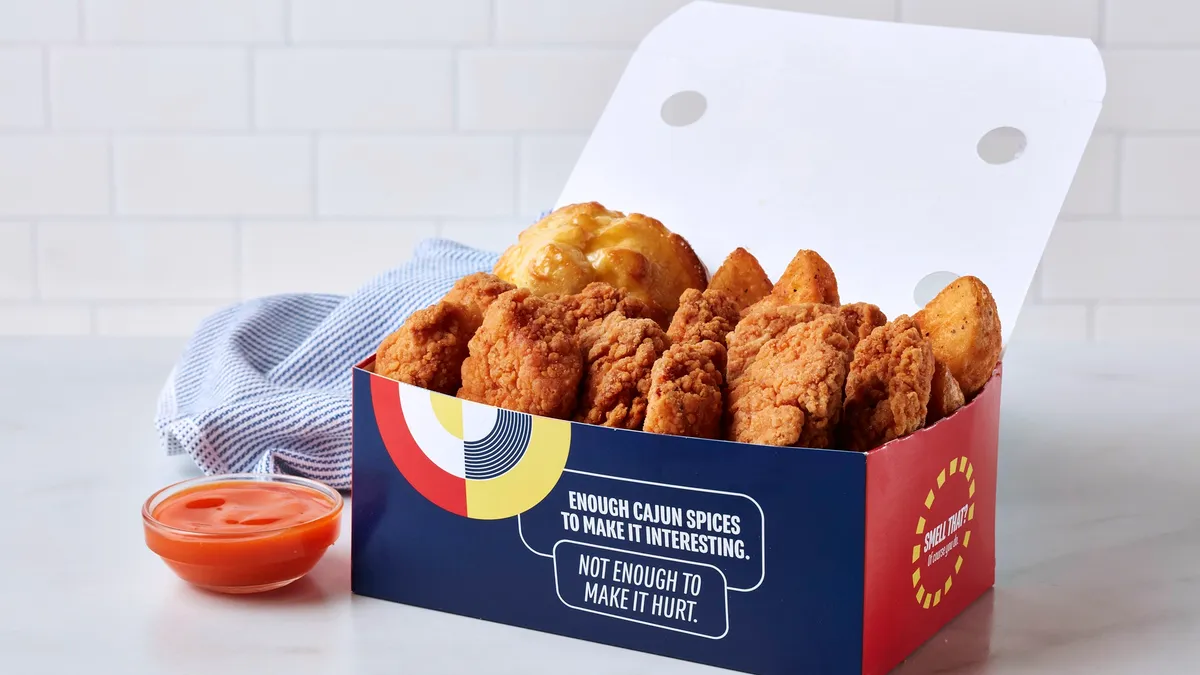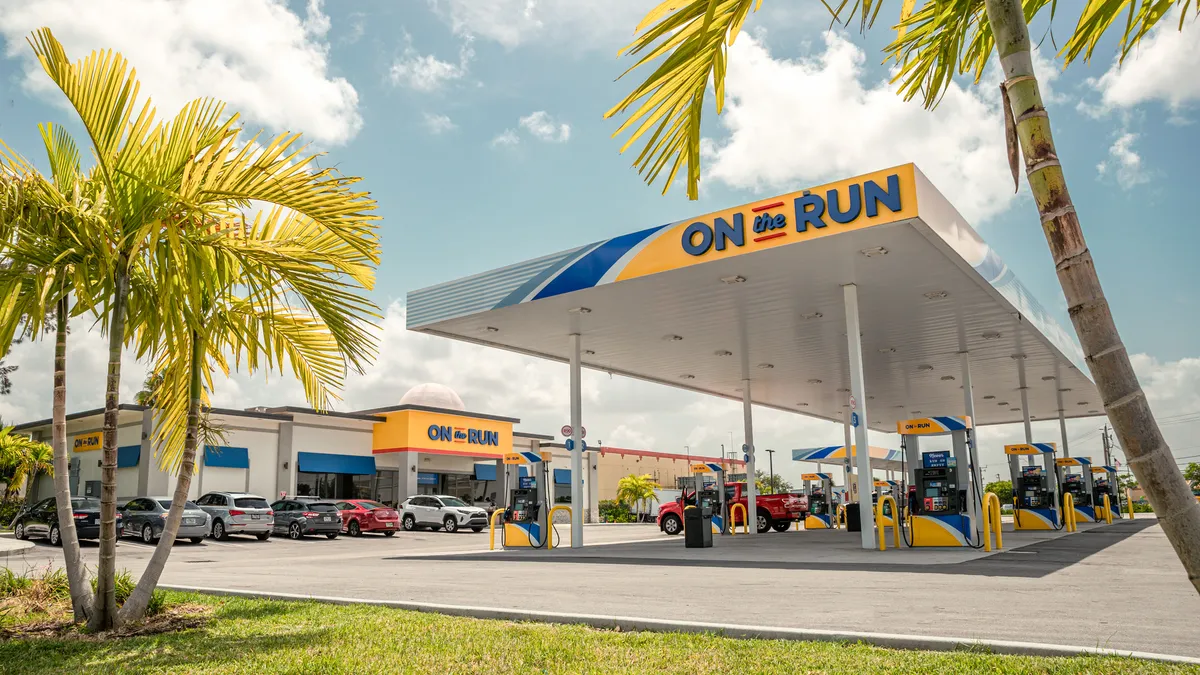When Urban Value Corner Store was founded four years ago, online shopping was “not even on the radar,” said CEO Steve McKinley. The stores operate inside high-density apartment buildings, and serving those buildings’ residents in-person was the focus.
But consumers who didn’t live in those buildings were still calling to see if they could swing by and pick up a few things.
“I'm thinking wow, people are actually driving to our store who don't live in the community,” said McKinley.
The company dipped its toes into online ordering through popular marketplaces like UberEats, Grubhub and DoorDash. While this expanded its reach, e-commerce also brought numerous headaches that only grew with the number of marketplaces and the number of stores selling online.
“Each checkout counter had four or five individual [digital] pads of online providers,” said McKinley. “Our team would then hear the ‘ding,’ have to pull up the pad, go find the product, get it fresh and have it ready for the driver.”
The complexity grew because each store’s menu on each site had to be manually updated — a time-intensive process, but one that had to be done or else shoppers might order out-of-stock items.
“We knew that we were going to hit a wall if we had not hit it already,” said McKinley.
Automating the process
Urban Value needed some way to automate this process, and McKinley began seeking providers. He looked into a number of options, and eventually found an aggregator that said it could let the stores update their menus once and have those changes pushed out to all of the marketplaces, which would streamline things considerably.
“We're not going to scrimp on the foundation of technology, so the technology can grow with us instead of us outgrowing the technology.”

Steve McKinley
CEO and founder, Urban Value
Urban Value signed up for a four-store trial to “test their process,” said McKinley.
Unfortunately, once the solution was up and running, Urban Value found there was a gap between what the company had promised and what it could deliver. The trial didn’t work out and Urban Value went back to searching.
During the original search for an online technology provider, McKinley had also run into Vroom Delivery. He said the company’s goals and technology impressed him, though it did not have all the integrations Urban Value was looking for at time.
In the interim, Vroom had added multiple integrations to its platform, connecting with marketplaces and point of sale systems. It now fit Urban Value’s needs much better, so in the summer of 2021, McKinley gave it a try.
Finding the right solution
Urban Value needed to streamline its online fulfillment process. Keeping track of orders across so many different systems was putting undue strain on its employees.
The ability to tie into Urban Value’s open API point-of-sale system turned out to be the key.
Three times a day, Vroom looks at the POS and updates the information on Urban Value’s app and website, as well as across the marketplaces.
“By linking our e-commerce platform to live inventory feeds, we can immediately reflect any changes in in-store stock levels online,” said McKinley in an email. “As soon as a product sells out at a given location, it is automatically removed from the online menu.”
This automation also means the menus are tailored to each location, and the system has a database of photos of these items to include as well.
“With eight operating stores, we've almost tripled our online ordering [year over year],” said McKinley. “And I know today we're still just scratching the surface.”
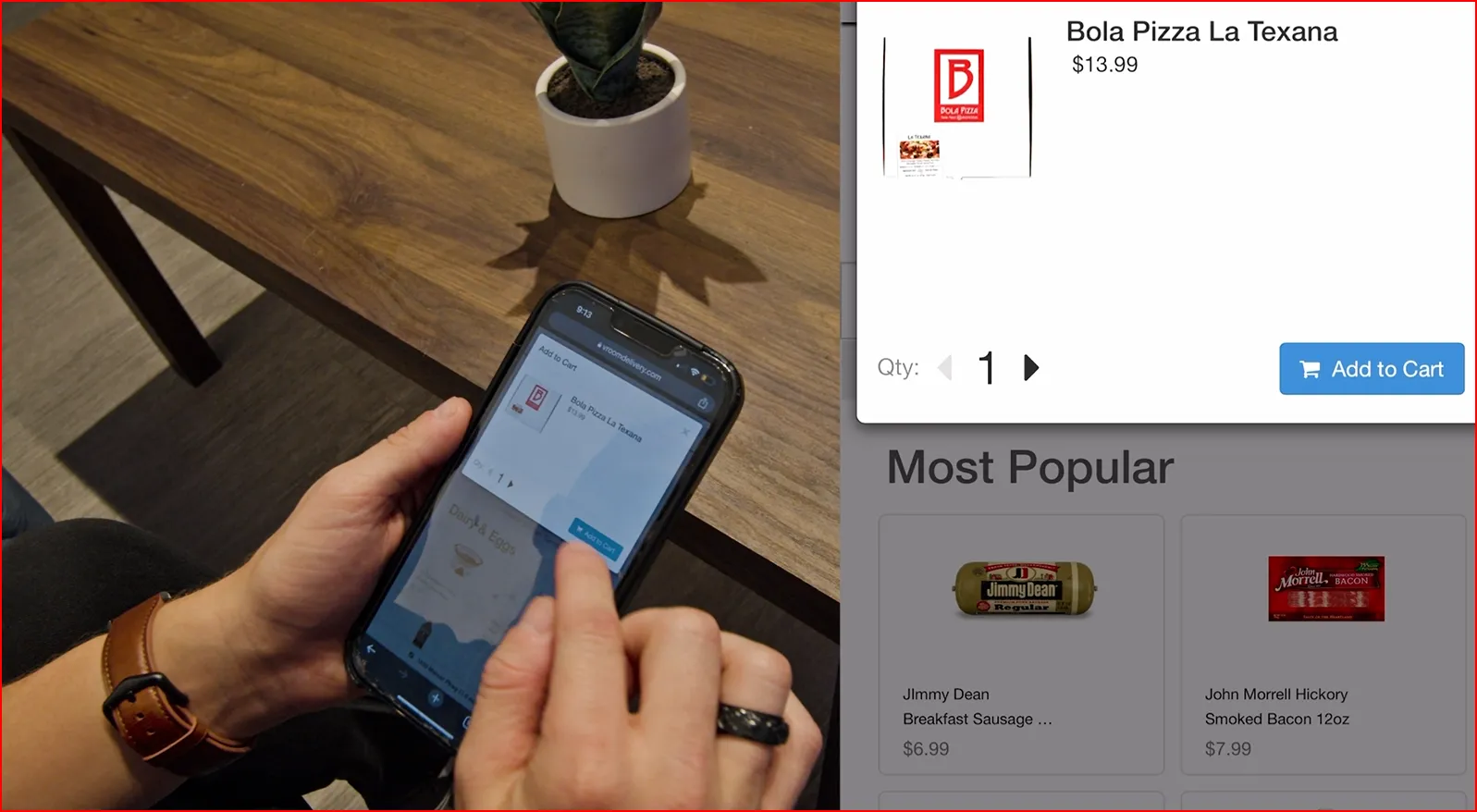
He noted that Urban Value is receiving orders from within a roughly three-to-five-mile radius from the stores. While the commissions to delivery companies and to Vroom take a bite out of the profits, he views many of these delivery sales as incremental.
Customer feedback has been positive, based on the majority five-star reviews through Vroom, and the number of out-of-stocks is much lower while the number of repeat customers is rising, McKinley noted.
He also said the employees have more time to focus on customer-facing jobs, which has led to higher job satisfaction.
Other technology
While Urban Value now has a delivery program that works for it, the company is still looking for ways to improve.
In the past few months, it has begun using the predictive analytics tools in Microsoft Power BI. This has helped the company see the likely trajectory of sales and product trends, McKinley noted.
“This [predictive] model really helped us get smarter about managing our business,” he said. “So from January through September, we've increased our turns by 50%.”
Going forward, McKinley said the company will continue to look for other technology that makes things easier on the staff in its stores without sacrificing the customer experience. Urban Value currently has eight stores and plans to have 12 by early next year.
The company may also look into autonomous checkout technology for some of its future growth.
“In our world … we think there's an autonomous opportunity,” said McKinley. “If I look two to three years down the road, it wouldn't surprise me that we would have tested that somewhere.”
In the meantime, Urban Value will continue to evaluate any new technology for how it will improve the lives of its shoppers and employees. And as with delivery, if the technology is worth doing, McKinley says it’s important to get it right.
“We're not going to scrimp on the foundation of technology, so the technology can grow with us instead of us outgrowing the technology,” McKinley said.



